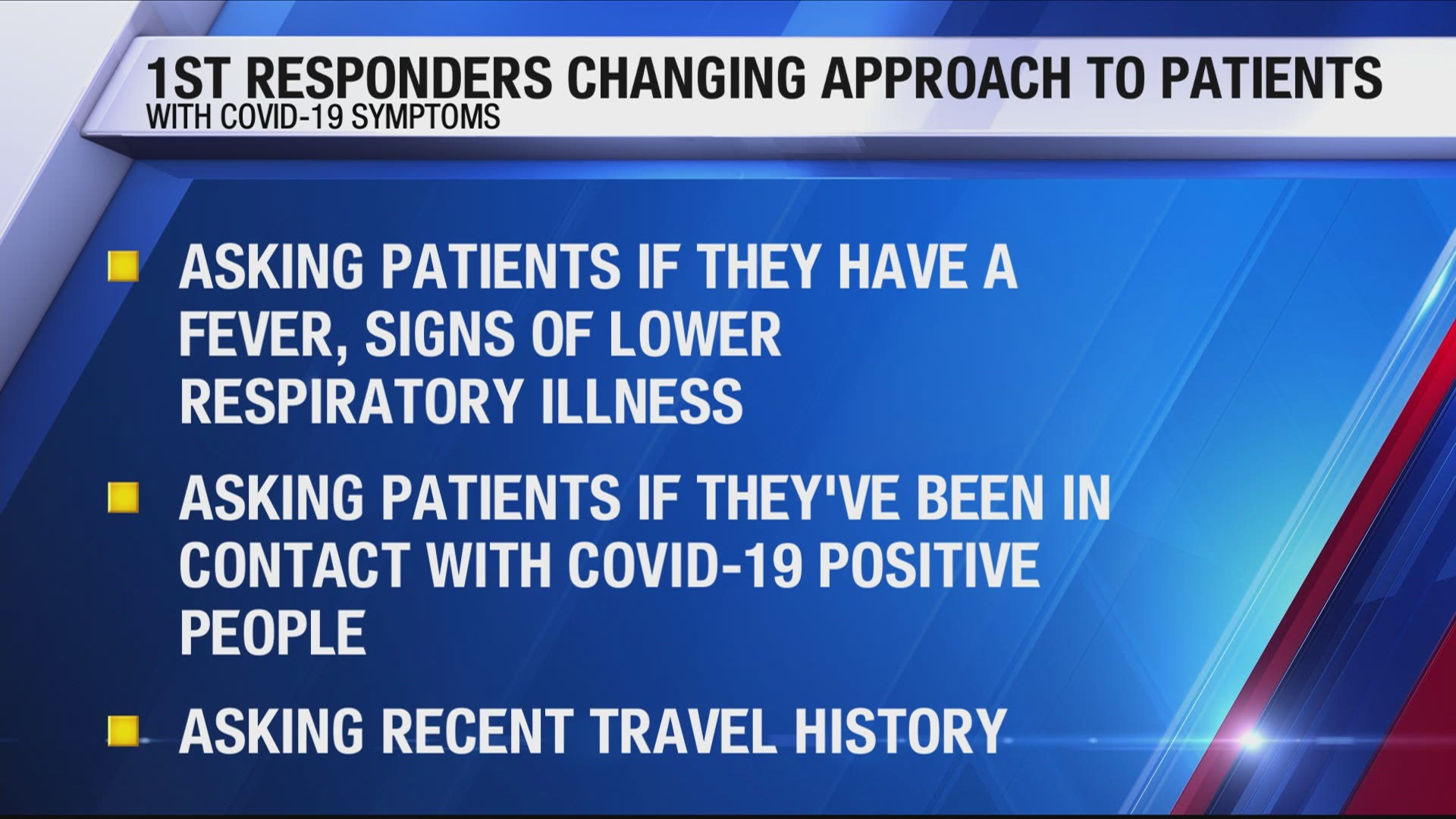The International Association of Fire Fighters held a press conference Tuesday morning to discuss what the impact of COVID-19 has been on fire fighters and first responders around the country and how they are staying safe.
The IAFF says they began looking at the virus in December when the word first started coming out of China.
Assistant General Pat Morrison says that they realized early on that they needed to get prepared and urges the public to get prepared as well.
"Do not think this is something that will just go away," Morrison says. "It will not. This is a pandemic. It will hit you local and you do have time to start to prepare."
President of the Washington State Council Dennis Lawson says that they currently have more than 50 members in the state that are under quarantine for possible exposure to COVID-19.
Lawson urged the members to make sure testing centers are ready in their cities with the appropriate testing equipment and staffing that is necessary.
There are now eight confirmed cases of the coronavirus in Iowa. More testing is being done right now. The governor has signed a disaster proclamation to allow state agencies to access funds and resources that they need to combat, mitigate, and prevent the spread of the disease.
In central Iowa, Des Moines emergency personnel have taken the following precautions for identification and response to a patient that has symptoms of the coronavirus:
1. Asking if the patients has a fever or signs and symptoms of a lower respiratory illness
2. Asking the patient if he or she had close contact with a laboratory confirmed coronavirus patient with 14 days of a symptom onset.
3. Asking if the patient has a history of travel from China, Iran, Italy, Japan, or South Korea within 14 days of symptom onset.
If a Des Moines dispatcher believes that the patient might have COVID-19, a COVID-19 response will be initiated and the shift commander will be added to the alarm. Emergency personnel treating the patient at first arrival on the scene will be taking extra precautions to directly care and/or transport the patient.
The IAFF says it is continuing to monitor news sources and agency updates from the CDC, the World Health Organization (WHO) and the Occupational Safety and Health Administration (OSHA) for the latest information and guidance.


